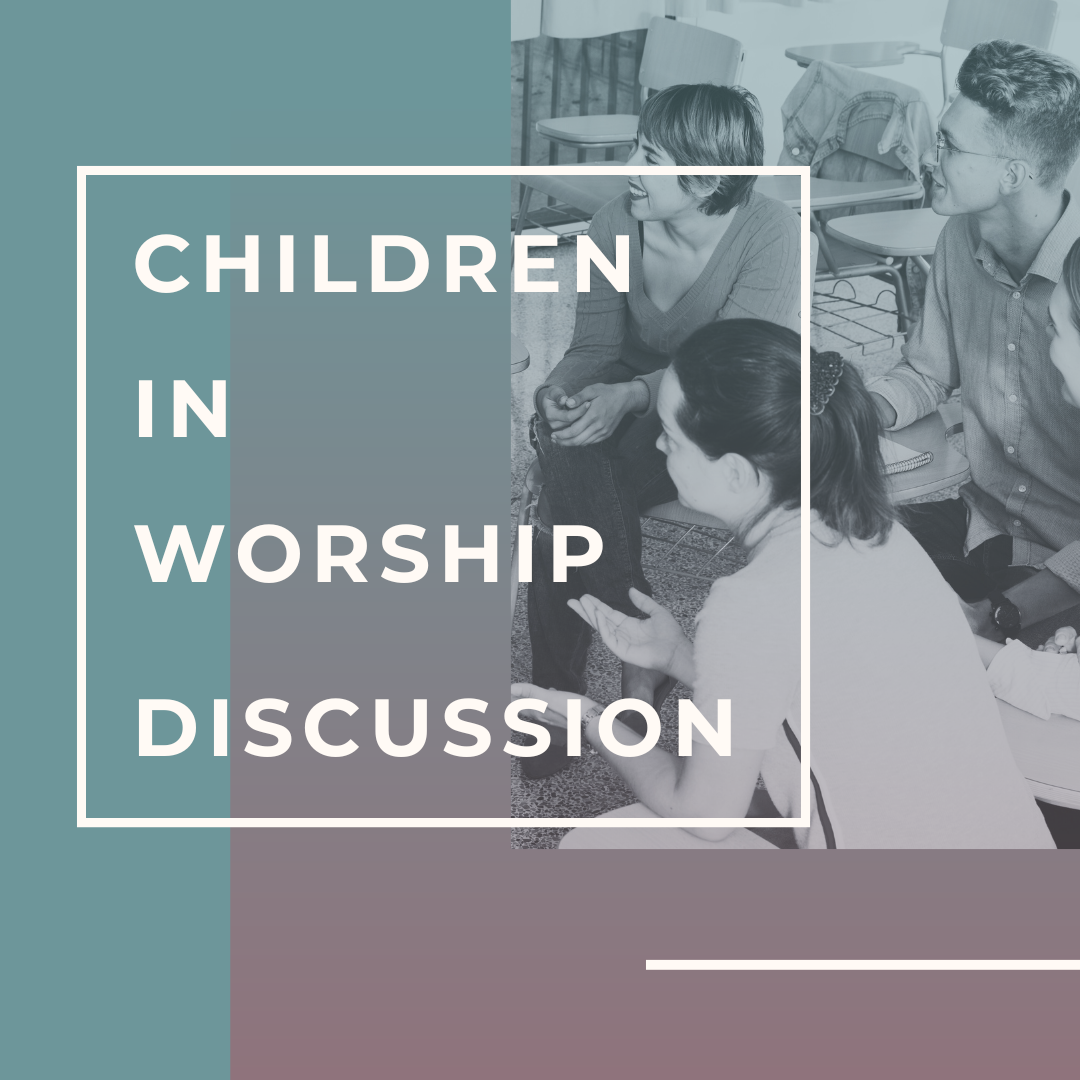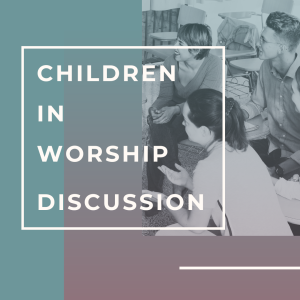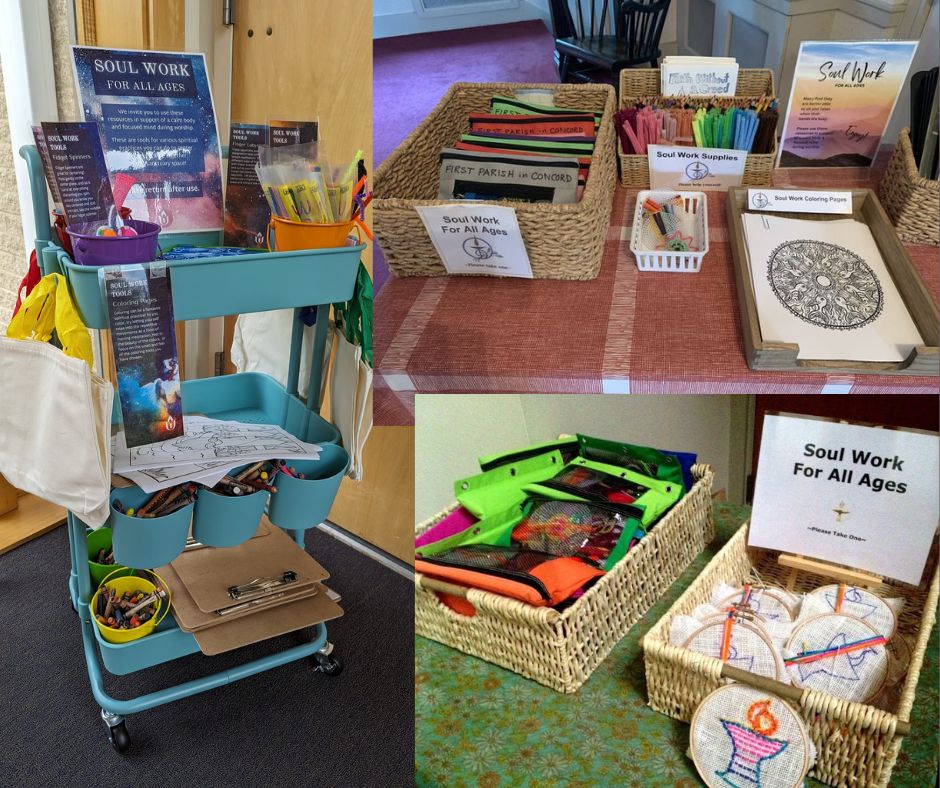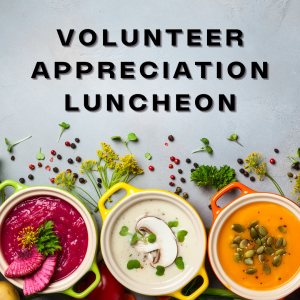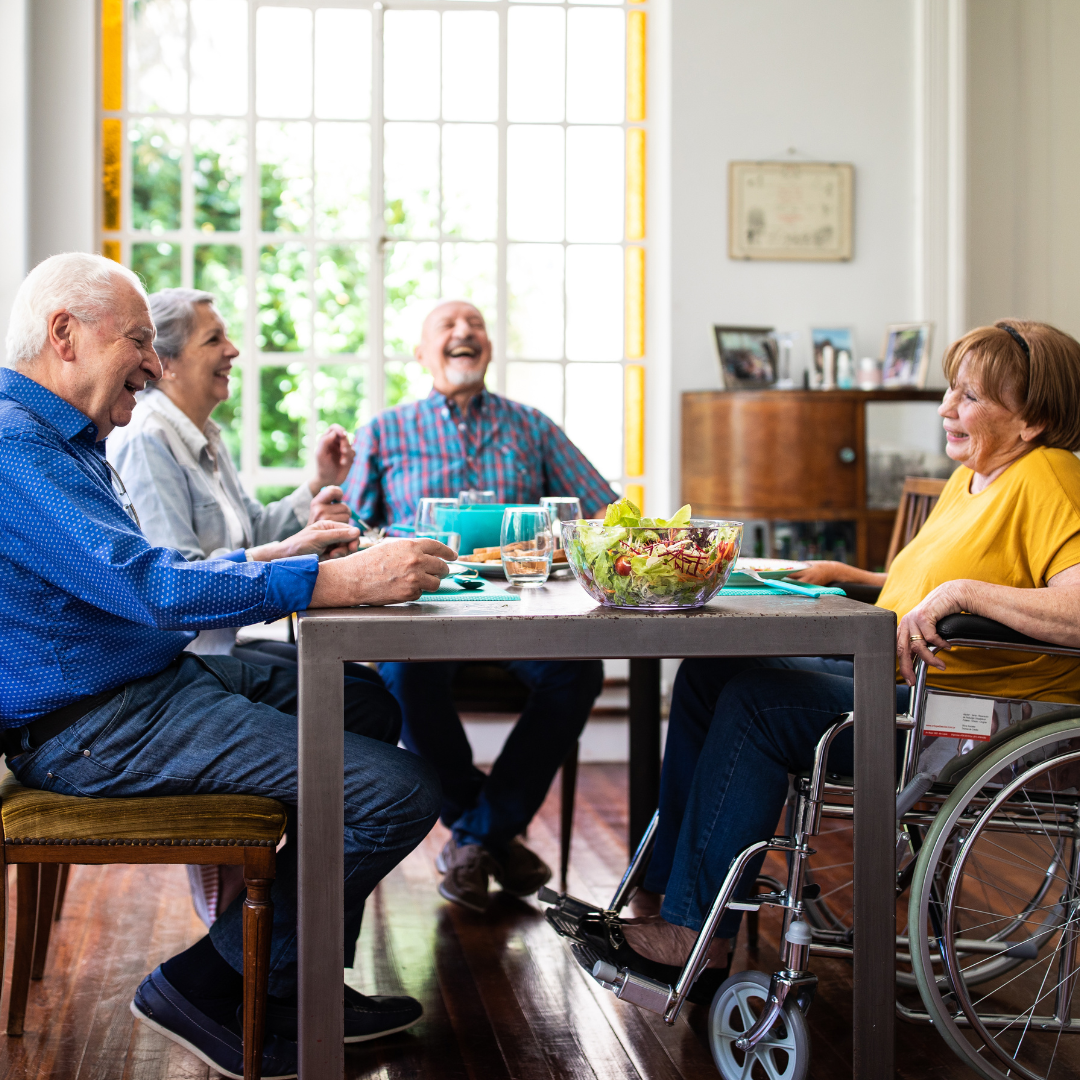Beginning June 9th, we will be adopting a new approach to how we welcome children and youth on Sundays! Nursery and classroom spaces will not be available during this temporary change. If you want to learn more about what’s coming to your hometown UU sanctuary this summer, read on!
What is Soul Work?
Soul Work was popularized by the UUA’s Children and Families Faith Development Specialist, Joy Berry, and is already used by countless congregations around the nation who moved to multigenerational worship after the pandemic impacted their volunteer pools. This approach to multigenerational worship involves having handwork projects — called “Soul Work” in our sacred spaces — available to members of all ages during worship.
Repetitive handwork like embroidery, crocheting, knitting, and coloring mandalas has shown therapeutic benefits similar to meditation. Many folx, young and old, feel better able to settle their bodies and listen when their hands are busy.
While the primary aim of Soul Work in multigenerational worship is to support our youngest members in being appropriately engaged in something quiet while they share our worship space, a side benefit has been referred to as the “NPR effect” by religious educators, who report that kids may look like they’re not paying attention to the service at all, but then a few days after will ask their parents about something that was said by the minister. Just like when kids seem zoned out in the car, but then ask about a Supreme Court Justice who was quoted on the radio. Hopefully, our children and youth will be able to be in conversation with all other members of our congregation around topics that are elevated in the service, making us a more whole and integrated community!
Here’s what it has looked like in other congregations:
Why Now?
I’m so glad you asked!
As you have hopefully heard by now, the classroom wing is getting a safety update sometime this summer. When that process begins — and we have no idea when the work will commence — we will not be able to enter that area for at least three months. What’s an RE team to do? Well, the staff and RE Council have been hard at work making a plan!
After exploring many options (renting other buildings, having children’s RE on a different day of the week, running in circles in a panic until construction is over), adopting Soul Work and starting it on the chosen date feels like the best possible option. Why? Well, many of our volunteers are unable to consistently serve in the summer months, and while I would ordinarily get busy trying to recruit some new summer volunteers (and did do some of that before we landed on this plan), it’s quite difficult to get people to set aside one of their precious few summer Sundays for something that may or may not happen. As you can imagine, it’s not a very compelling ask.
Planning for an unknown future is nearly impossible, so we decided to create some knowns by declaring a start date and implementing something beautiful on our own terms. I’ve been in consultation with DRE’s around our region who have already been using Soul Work in their congregation, learning what what has and hasn’t worked for them, and we’re almost ready to launch!
We will commence multigenerational worship on June 9th and return to our usual Nursery, Spirit Play, as soon as construction on the classroom wing has ended and a full slate of volunteers has been identified. This could be any time between fall and early winter. The reality with construction projects is that the timeline is entirely out of our hands.
How Will This Work?
Great question! A shelf of Soul Work options will appear near the hymnal racks at the back of the primary aisle toward the social hall. Parents, we invite you to consider stopping by the shelf on your way to your seat and encouraging your child to select something that will keep them busy for a while. If you think your child will need to return to the shelf at some point during the service, we encourage you to sit on an aisle near the shelf to minimize disruption.
I and a volunteer will be available to sit with kids in the gallery who want a little support learning a new handcraft. We’ll keep it to a whisper or silent demonstration, but we recognize that working with someone new is a novelty that might support their capacity to be respectfully quiet in the sanctuary as they acclimate to the space. We’re hoping this approach will be sufficient, but setting up a maker space in the social hall is a backup plan.
Alternative Orders of Service will be available that are simplified for children and we encourage parents and adults who are sitting near children to help them follow along in their Order of Service to help them stay engaged if it looks like they need more than their handwork.
Won’t Kids Be Disruptive to Our Sacred Time?
Multigenerational worship is a whole congregation endeavor. For years, we’ve been hearing folx wish for more children in our spaces. For four years, the RE Council has been actively working on expanding our congregation’s capacity for intergenerational connection. This is our chance to put those wishes and skill sets to work to make a meaningful and welcoming worship experience for all of our people, the tall and the small. But we’ve still got a lot of learning to do.
There will be hiccups. There will be disruptions. It will not be perfect. We’re viewing this as an experimental era, where we are committed to trying a way, reflecting, tweaking, and trying again. So the first few weeks will likely look a little different each Sunday as we work things out. I invite you to share your ideas with me and any member of the RE Council as we experiment. We’re here to help this be as smooth and seamless as possible, but we’re being realistic about the challenges ahead.
Kids do make sound. Kids do move their bodies. Kids do sing off key and clap off beat. There will be some distractions. We’re already in talks with the sound team about strategies for those with difficulty hearing, and we’d love to chat with you if that is a concern. We have some ideas, and if you’re a hearing aid user, we’d like to hear your ideas around the use of the Loop or Bluetooth, or other ideas we haven’t even thought of.
What If I Just Absolutely NEED a Super Quiet Space?
We know this is a reality for some, and we’re working toward creating a few zones for worship time in the building. Remember, once the construction begins, this is an unavoidable reality of our circumstances, so it’s nice that we’ve got a little practice time in advance to iron out some details.
We ask that parents of children who have reached their limit of quiet stillness step into the social hall, where they can still hear the sermon and choir while their children have a little more leeway to be active without preventing others from engaging with the service.
And for those who simply need a silent space, we are working towards streaming the service into the library for a completely set apart quiet space for those who absolutely need it in order to be able to focus completely.
It is our hope that the vast majority of adults will take advantage of this time to introduce yourself to the children near you, just as you would any other person in the sanctuary, and help them feel at ease in the sanctuary.
But I Still Have Questions!
We knew you would! Members of the RE Council will be available in the sanctuary after the service on June 2nd and 16th to answer your questions, hear your concerns and ideas, and share any information about the decision making process that led us here. I hope you will join us!


